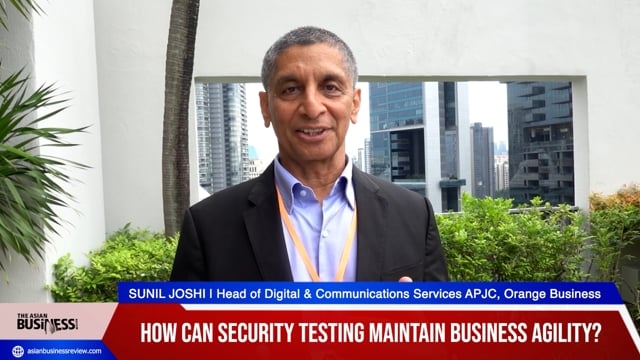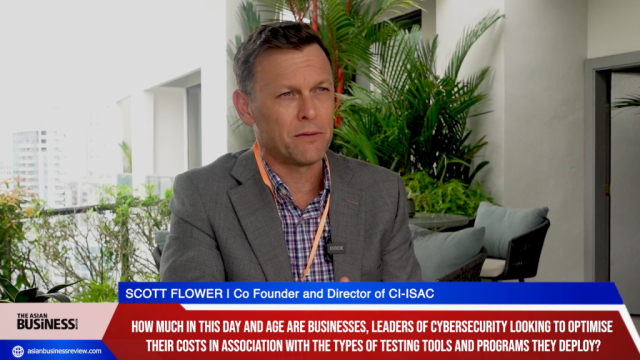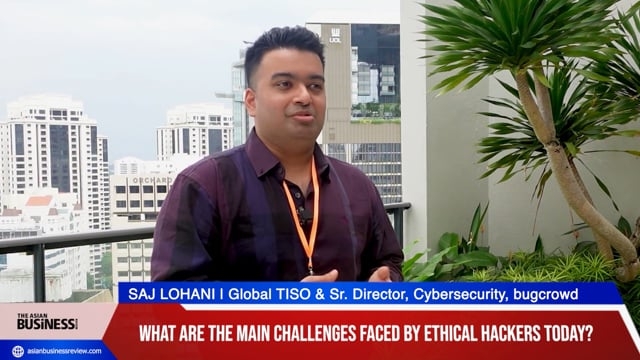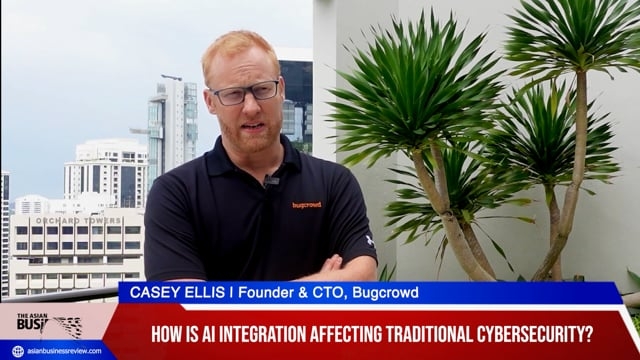 Photo by Tingey Injury Law Firm on Unsplash Copy to clipboard
Photo by Tingey Injury Law Firm on Unsplash Copy to clipboard
‘Mass exchange’ of lawyers push legal firms to review retention strategies
Some firms are now allowing their staff to work remotely for 20% to 50% of the time.
Singapore’s legal industry, similar to those in the US and UK, was hit by the great resignation wave. Many of these lawyers have either moved to other firms or taken in-house positions, resulting in a shortage of mid-level lawyers with four to seven years of Post-Qualified Experience (PQE). These lawyers are considered valuable as they are experienced enough to run client matters effectively but are not yet too expensive to compensate.
“Their departure created a vacuum in the succession plans for several law firms,” said Dentons Rodyk’s Senior Partner and Chief Operating Officer Loh Kia Meng in an interview with Singapore Business Review.
To fill the gap left by the mass resignation wave, Loh said many firms began offering flexibility for lawyers and staff to work remotely for 20% to 50% of their time.
“Many lawyers now see hybrid work as a prerequisite when searching for jobs,” Loh shared.
At Dentons Rodyk, hybrid work has become a permanent feature.
“Many are liking this arrangement. In order to preserve our firm culture of familial cohesion and camaraderie, the firm created many more bonding activities to encourage engagement socially outside the office,” Loh said.
Like Dentons Rodyk, law firm HFW Singapore also faced challenges on the workforce front, adding that the aggressive moves by the US firms to buy up talent at high salaries have left them looking at how they can attract and retain staff.
“We do that by ensuring that we have a welcoming office culture allied with top quality legal work in market-leading teams with high levels of client contact, a clear career path, and appropriate regard for work-life balance,” HFW Singapore Managing Partner, John Forrester, told Singapore Business Review.
Dealing with a new challenge
Whilst there were still lawyers who left their respective firms, Loh believes that the wave of resignations has slowed down and that the legal workforce has begun to stabilise.
Loh added that new hires in early 2022 have stayed in their jobs.
“[The workforce] definitely grew stronger. New hires had to get up to speed on the work left behind by the lawyers they are meant to replace. The new hires also had to adapt quickly to a new environment,” Loh said.
“Lawyers who stayed had to cover the work and roles of colleagues who left, until new hires were up to speed on things. Most have done a tremendously good job.
Overall, the workforce has become more resilient coming out of this phenomenon,” the legal expert said.
After the slowing of resignations, firms are now faced with the challenge of returning to normal-like working conditions.
To manage the return to work, Forrester said HFW Singapore has taken a different approach to its office working practices, by moving to fully agile working and adopting a full hot-desking model with a mix of cellular offices and open-plan desks.
According to WeWork, hot-desking is an “organisational workspace system in which desks are used by different people at different times, on an ad hoc basis.”
Forrester said the new setup, particularly the open plan areas, works well for the firm.
“[The open plan areas] are popular and invariably have a mix of partners, associates, trainees and secretaries all sitting with each other. At times, secretaries may also choose to sit in one of the offices. It is truly flexible,” Forrester said.
Navigating clients
After years of rebalancing, law firms will enter the new year with a focus on navigating clients through what comes next for the future.
Amongst areas that law firms are trying to navigate is the technology industry, including sectors that are steeped in it like financial services, life sciences, healthcare, and aviation.
According to Joo Khin Ng, Morgan Lewis’ Office Managing Partner in Singapore, these sectors will “likely continue to see activity as well as legislative updates as regulators keep pace with developments, particularly around data privacy.”
“The metaverse is one such example where Singapore, like many other countries, is looking to address implications, particularly in the financial services space. In the next five to 10 years, it is possible we will see ‘real-world’ regulation being sought to be replicated in the virtual metaverse space,” Ng said.
Firms will also be busy assisting global and Asia-based companies planning to invest in Singapore.
“As nations seek to assert themselves and engage in the push and pull of geopolitics, we have seen an increased focus around the world on complex national security considerations, creating a myriad of requirements for businesses looking to invest. This is a key area we have been assisting clients in navigating internationally, and it is unlikely to subside with new regulations appearing around the world at frequent rates,” Ng said.
“Singapore remains on the world stage as a key global and regional hub for financial services and has increasingly become a significant jurisdiction for insolvency and restructuring, and disputes and international arbitration matters,” Ng added.
Forrester, for his part, said there will also be a demand for advice on energy transition and cyber security.




















 Advertise
Advertise








